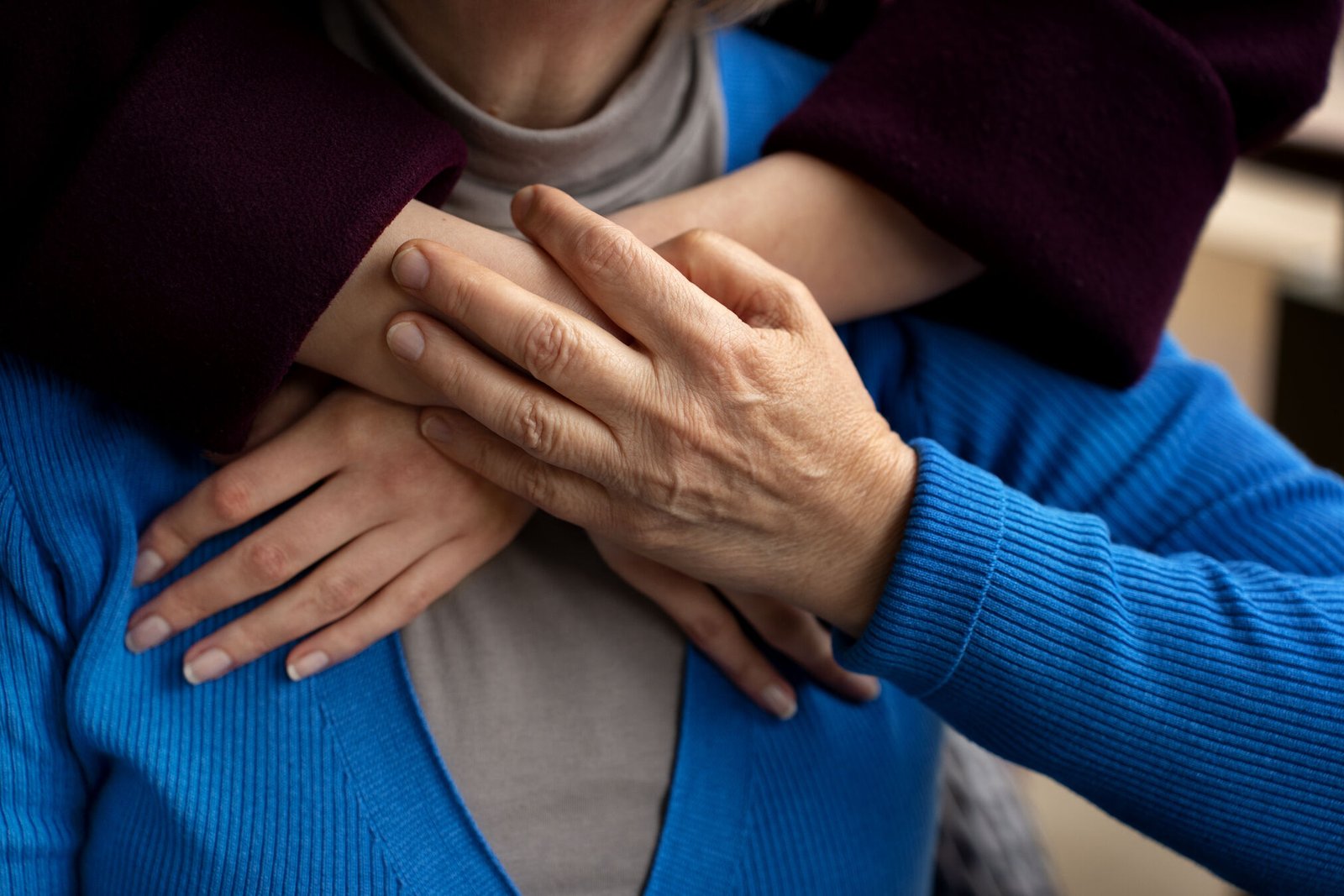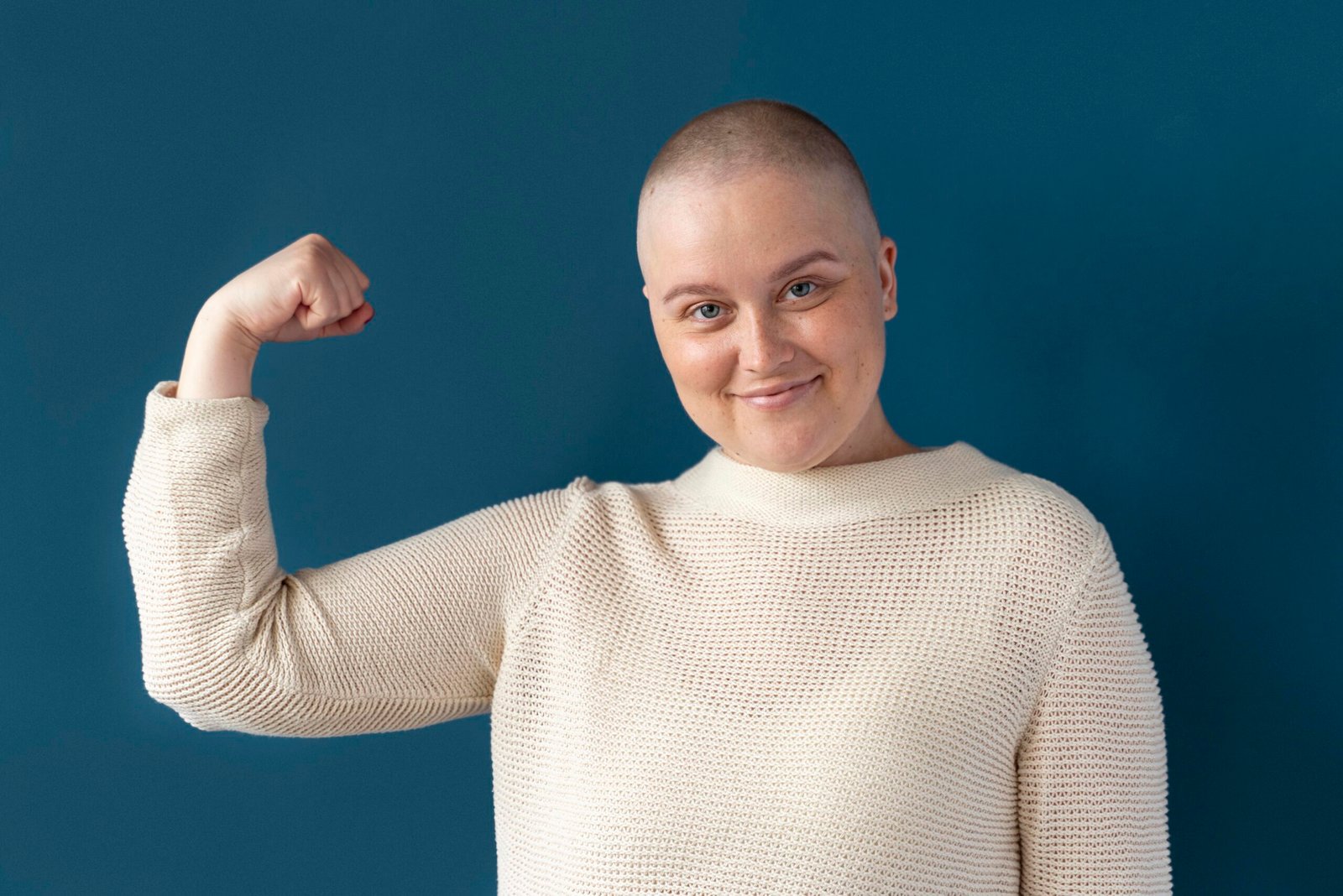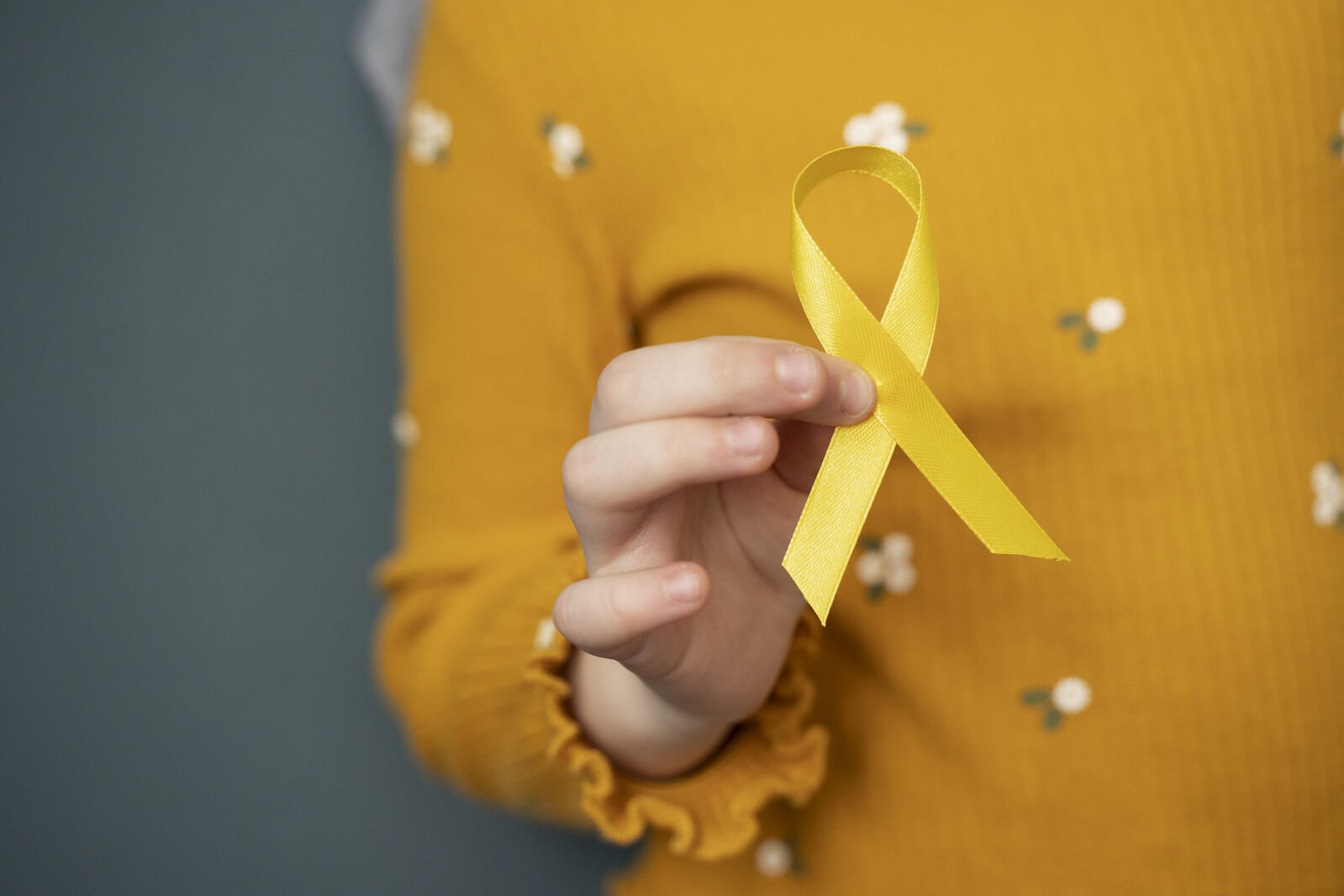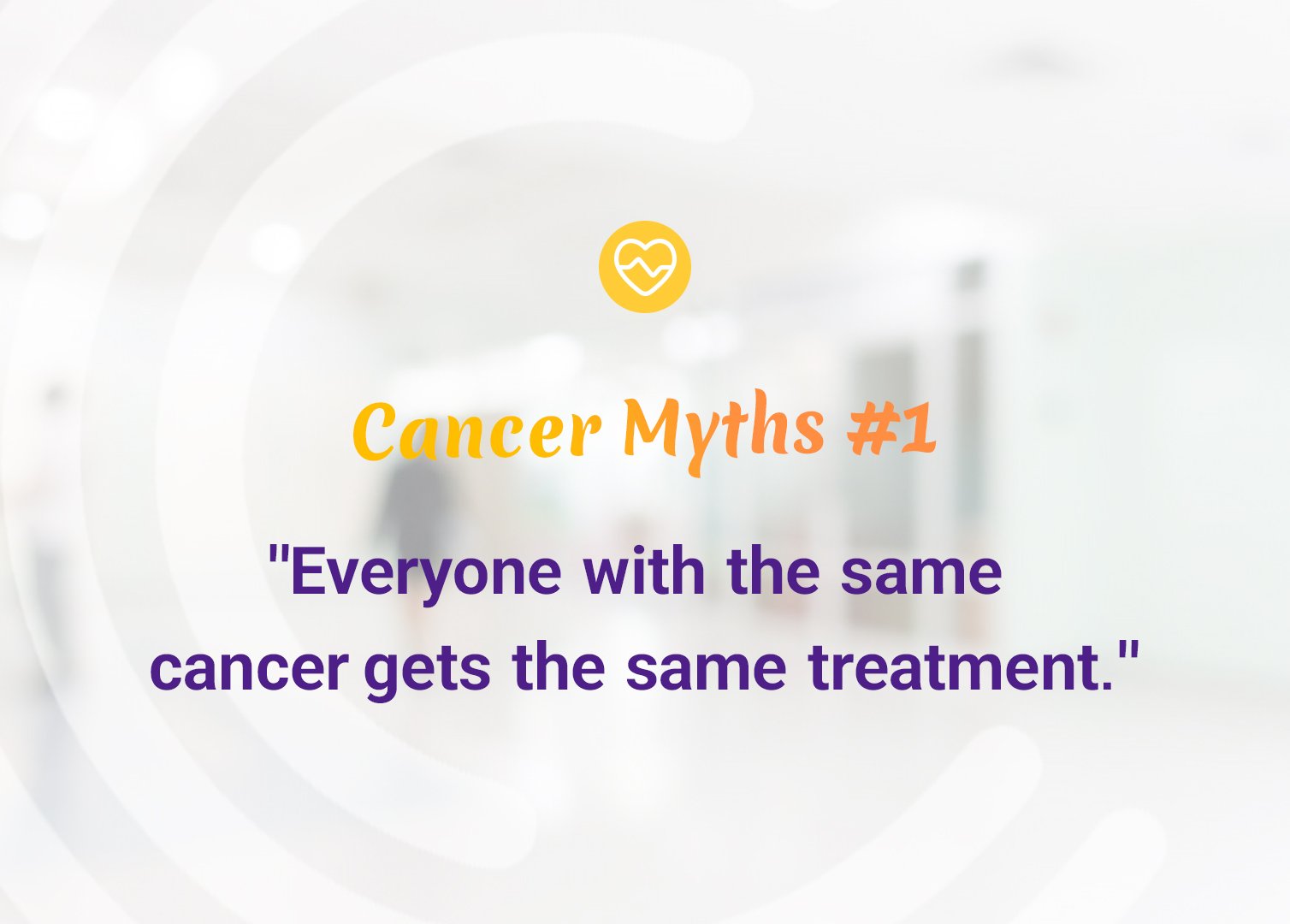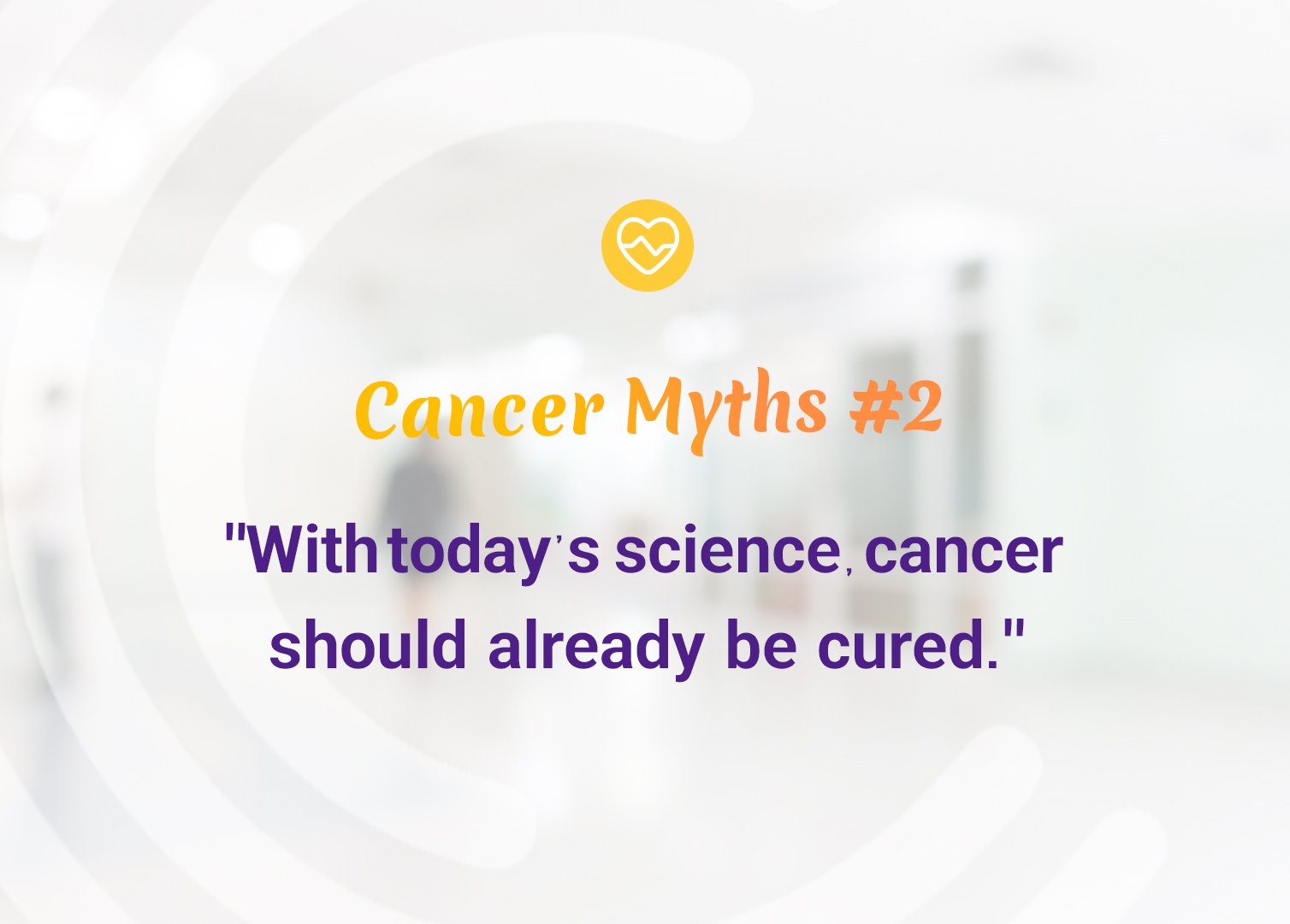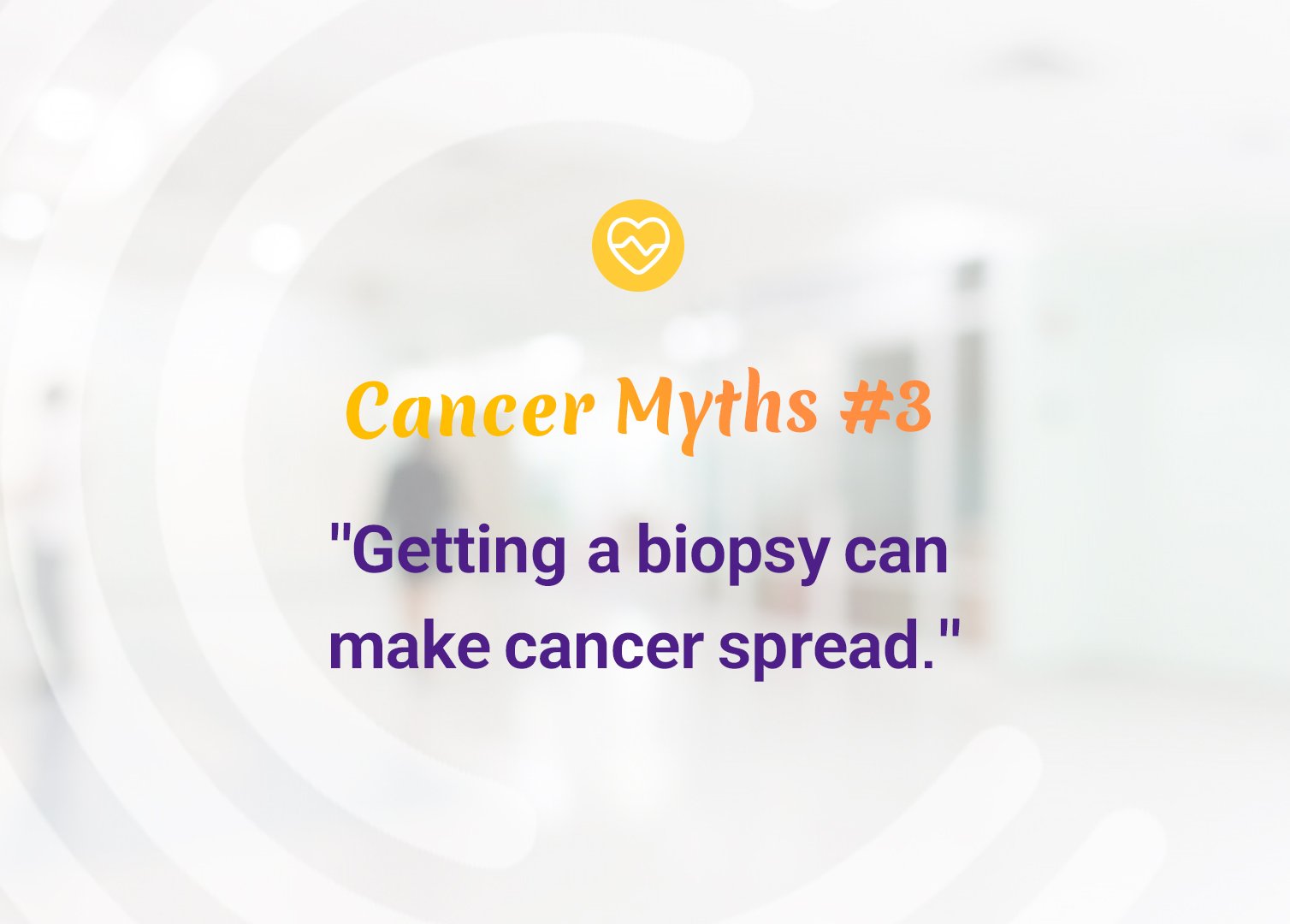When Cancer Runs in the Family?
Some cancers don’t just happen by chance. In certain families, cancer shows up across generations, sometimes at younger ages or affecting multiple relatives.
This isn’t just coincidence. In some cases, the risk is inherited.
That’s where genetic testing and understanding your family history can make a difference, not just for early detection, but for prevention and informed decision-making.
What Is Hereditary Cancer?
Most cancers are sporadic, meaning they occur due to lifestyle, aging, or random genetic changes over time. But about 5% to 10% of cancers are inherited, passed down through families via gene mutations.
These are known as hereditary cancer syndromes. The most well-known include:
- BRCA1 and BRCA2 mutations – linked to breast, ovarian, prostate, and pancreatic cancers
- Lynch syndrome – linked to colorectal, endometrial, and other cancers
- Li-Fraumeni syndrome – associated with a range of early-onset cancers
How Do I Know If My Family History Suggests Increased Risk?
You may want to speak with your doctor or a genetic counselor if you notice any of the following in your family:
- Cancer in multiple generations (grandparent, parent, sibling, etc.)
- Cancer diagnosed at an unusually young age (e.g., breast cancer before age 50)
- More than one type of cancer in the same person (e.g., breast + ovarian)
- Rare cancers such as male breast cancer
- Known genetic mutation in a family member (e.g., BRCA or Lynch)
What Is Genetic Testing?
Genetic testing looks for specific inherited mutations that increase cancer risk. It is usually done through a blood or saliva sample and is recommended for those who meet certain medical or family history criteria.
Genetic testing can:
- Help identify people at higher risk before symptoms appear
- Guide screening and prevention strategies
- Influence treatment choices, especially in cancers like breast, ovarian, or prostate
- Help family members make informed decisions about their own risk
Important: Testing is not for everyone. It’s best done with genetic counseling to help you understand the results and implications.
What Happens If a Mutation Is Found?
If a hereditary mutation is found, you and your care team will work on a personalized plan, which may include:
- Earlier or more frequent screening (e.g., annual breast MRIs or colonoscopies)
- Preventive options, such as medications or surgeries to reduce risk
- Family testing, so close relatives can check their own risk
- Tailored treatment decisions (for people already diagnosed with cancer)
What If the Test Is Negative?
A negative result can bring relief, but it doesn’t mean zero risk.
- You may still have an average or moderate risk based on other factors (like age or lifestyle)
- Your doctor may recommend standard screening, not high-risk protocols
- Keep sharing updated family history as it changes, new diagnoses in relatives may shift your risk level over time
Final Thoughts
Knowing your family history, and considering genetic testing when appropriate, gives you power.
It’s not about fear. It’s about prevention, preparation, and protecting your family’s future.
If you have a strong family history of cancer, talk to your doctor or a certified genetic counselor. Early knowledge can save lives.
